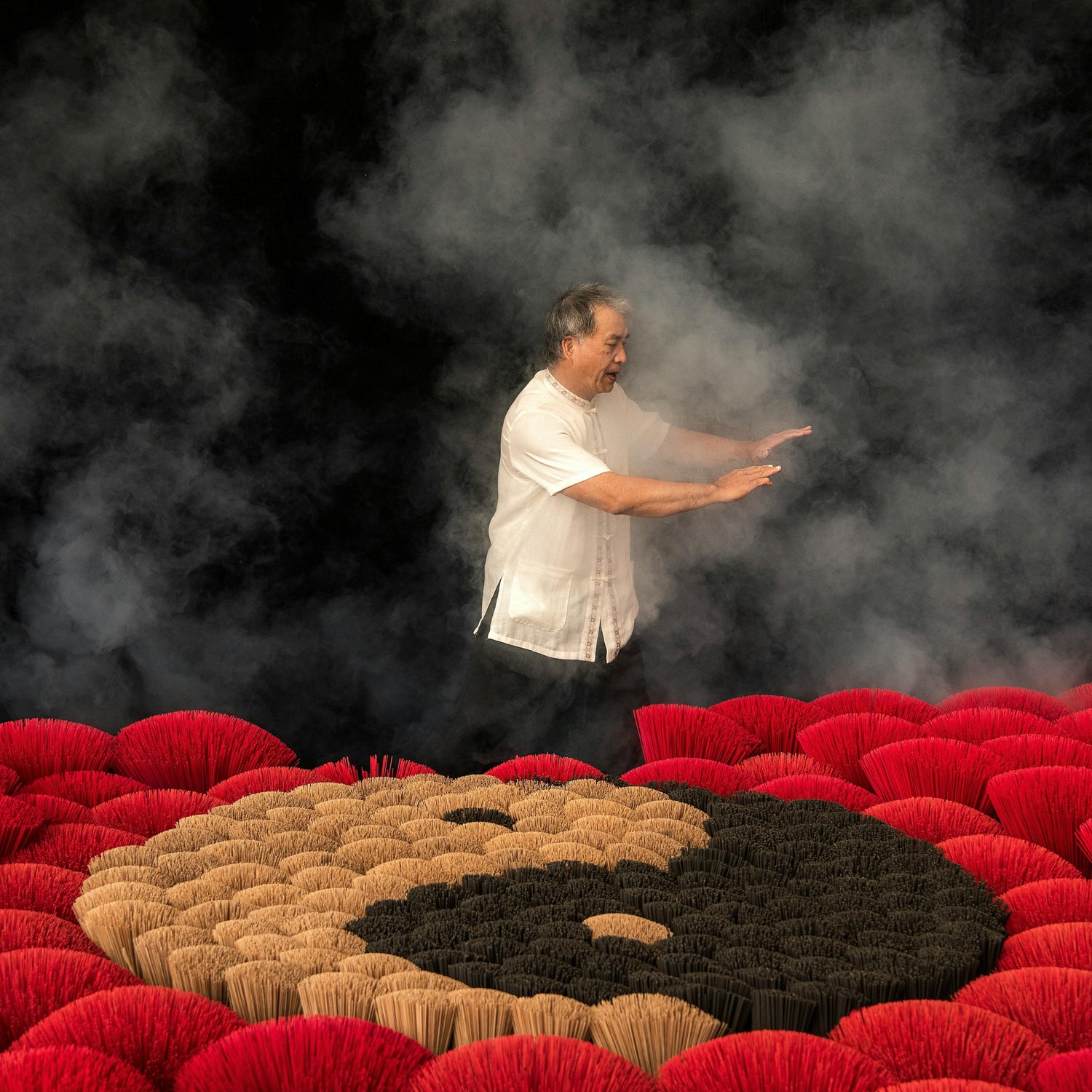
Daoist Practice and Cultivation
As a native Chinese religion, Taoism is not merely a belief system but a practical methodology deeply intertwined with daily life. Its cultivation methods are both profound and pragmatic, encompassing the paths of health preservation, worldly conduct, spiritual refinement, and harmony with heaven, earth, and nature.

I. Core Principles of Cultivation
The foundation of Daoist cultivation lies in the “Dao.” The opening lines of the Daodejing state: “The Dao that can be spoken of is not the eternal Dao.” The Dao is not an external entity but the primordial source of the universe and the natural law. Daoist practice emphasizes “conforming to nature,” achieving harmony and unity with heaven, earth, and all things through returning to simplicity and governing through non-action.
The ultimate goal of cultivation is not merely to transcend the mundane, but to achieve purity of body and mind, the perpetuation of life, and spiritual liberation through self-cultivation and moral refinement.

II. Specific Methods of Practice
Meditation and Inner Contemplation
Taoist priests and practitioners often cultivate their minds through seated meditation, sitting meditation, and breath regulation. The practice of “closing the eyes for inner contemplation” emphasizes natural breathing and calming the mind, allowing the spirit to return to tranquility.
Guided Exercises and Qigong
Taoism developed “guided exercises” and various forms of qigong, emphasizing the regulation of qi and blood circulation through physical stretching and breathing techniques to strengthen the body.
Sacrificial Rites and Rituals
Daoism features rich sacrificial rites involving scripture recitation, worship, and offerings to seek divine protection. These serve not only as religious practices but also as vital means to unite communities and convey goodwill.
Alchemy and Health Preservation
Historically, Daoists pursued immortality, developing alchemy and health preservation techniques. While external alchemy gradually declined, internal alchemy became a valuable resource for cultivating the mind and nurturing the spirit, emphasizing the transformation of essence into energy, energy into spirit, and spirit back into emptiness.
Observing Precepts and Practicing Benevolence
Taoism emphasizes that “the Way of Immortality values life and saves countless beings.” Practitioners not only cultivate themselves but also observe precepts and practice benevolence in daily life, widely bestowing kindness to embody the practice of the Tao.
@vesselofqi
Follow us on TikTok and Instagram







